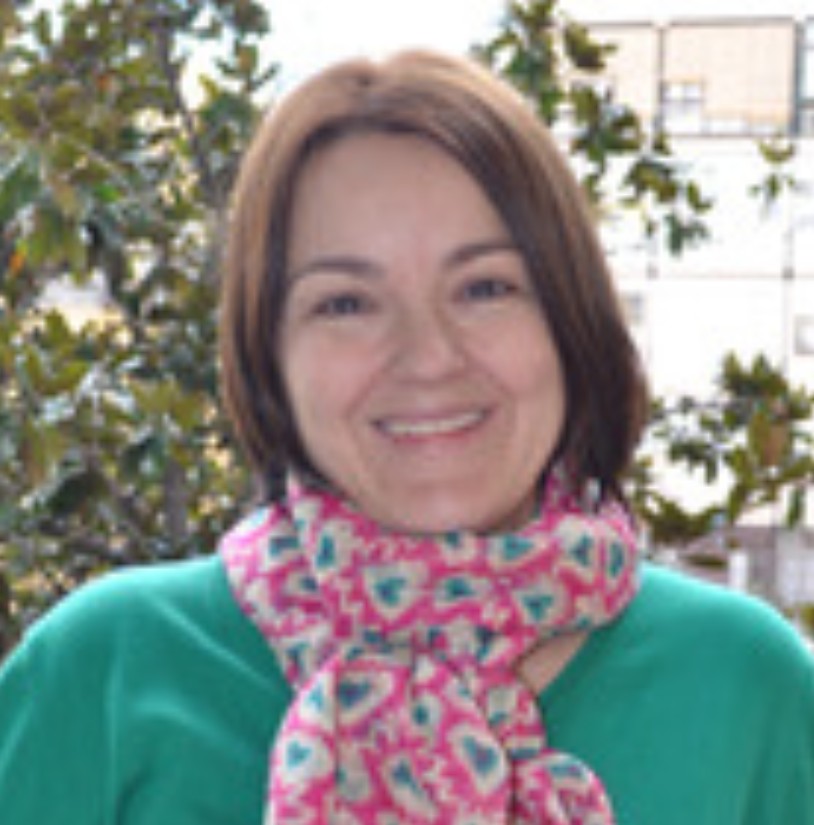
Partners
Our Team of Passionate Professionals from all over Europe
Our team of passionate professionals are distinguished by their expertise in educational innovation and commitment to enhancing learning. They bring diverse perspectives, with skills in professional development, digital pedagogy, and collaborative learning. These partners are adept at integrating scientific research with practical educational strategies, fostering inclusive and dynamic learning environments.
Partner Institutions
PHW – UNIVERSITY OF EDUCATION WEINGARTEN
AUTH – ARISTOTELIO PANEPISTIMIO THESSALONIKIS
CEPMC – CENTRO DE PROFESORADO MARBELLA – COÍN
CEPMLG – CENTRO DEL PROFESORADO DE MÁLAGA
EUC – EUROPEAN UNIVERSITY CYPRUS
NTNU – NORGES TEKNISK-NATURVITENSKAPELIGE UNIVERSITET
PHV – UNIVERSITY OF EDUCATION VORARLBERG
UMA – UNIVERSITY OF MALAGA

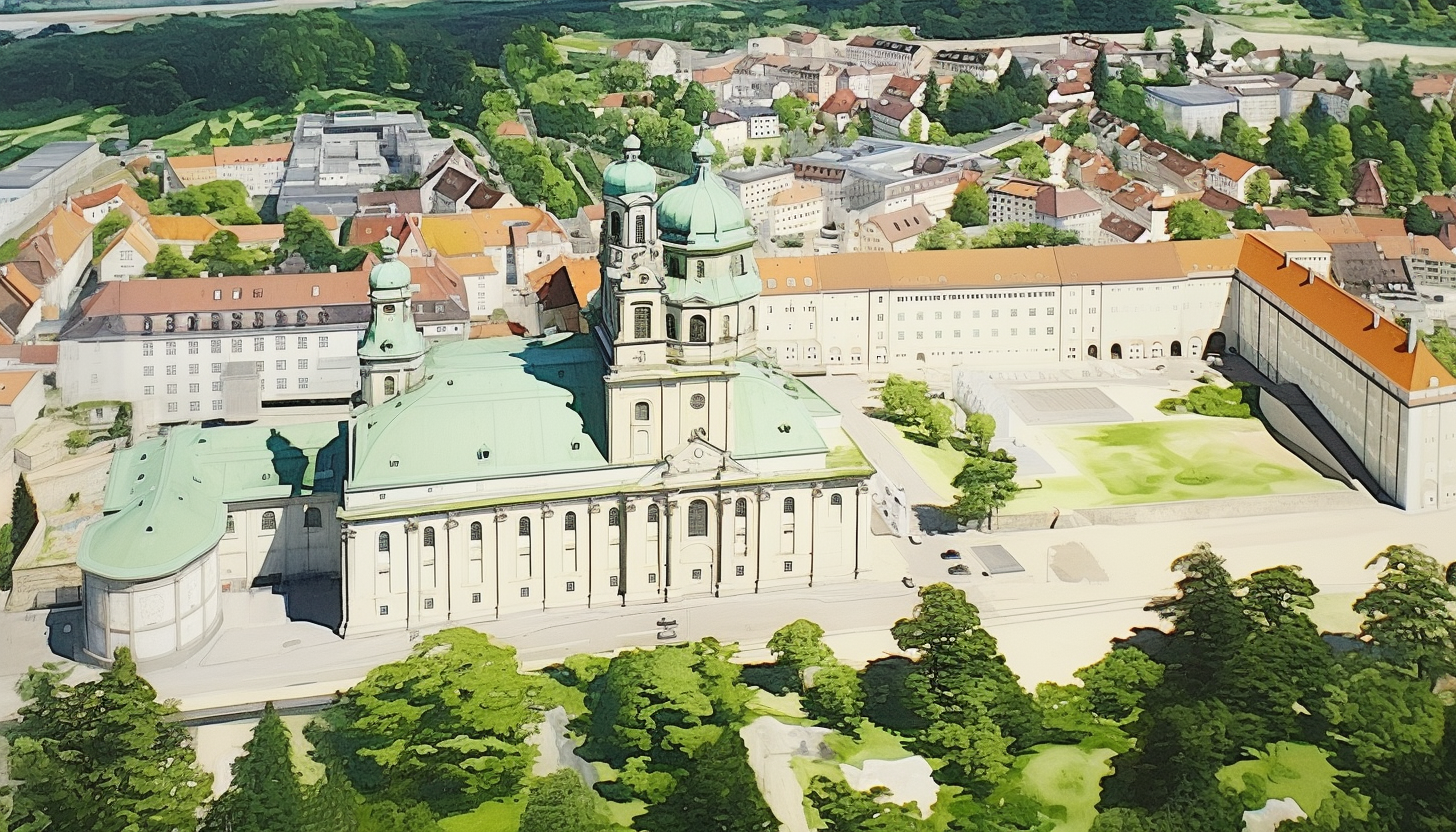
University of Education Weingarten
The University of Education Weingarten is a state university in Baden-Württemberg, Germany. It offers, as a main focus, undergraduate and graduate teacher education programs. It also provides Bachelor of Arts and Master of Arts programs in various other fields of education. The University of Education Weingarten has already successfully participated in numerous projects funded by the EU. Applied research projects relevant to teacher training areas are part of its core research activities. In the winter semester 2018/19 over 3.500 persons studied at the University of Education Weingarten. The University of Education Weingarten maintains close ties with universities throughout the world. It currently has 56 partnerships in 33 countries that facilitate the exchange of students and instructors as well as research collaborations.
Katja Kansteiner
Gregor Frirdich
Sabine Welther
Susanne Schmid

Katja Kansteiner
Pädagogische Hochschule Weingarten
Katja Kansteiner has been a professor of educational science, teaching research and school development since 2009. Her scientific work focusses on professional development of teachers and school leaders, on gender studies and on inclusive and diversity oriented education in schools and universities. In her first profession Katja Kansteiner was a primary and secondary I teacher.
She also conducts in-service trainings for teachers, school leaders and school authorities. She is well experienced to bring out and contribute to scientific and practical oriented conferences as much as publications. Furthermore, she runs the international Master’s program of School Development and the CAS Leadership Development and is member of the board of the Master’s program of International Teaching.
She is coordinator of the ERASMUS+ project HeadsUp (http://www.headsup-plc.eu/) that has developed successfully professional learning communities of school leaders. She also cooperates successfully with European partners in the ERASMUS+ projects LADECI which brings out a teacher training on language acquisition and education for democratic citizenship and (R)Equal, which provides tools etc. for integrating refugee teachers into the school systems. She is member of the Research Centre for Innovation in Education and Professional Development (http://zebip.ph-weingarten.de/das-zentrum/).
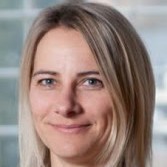

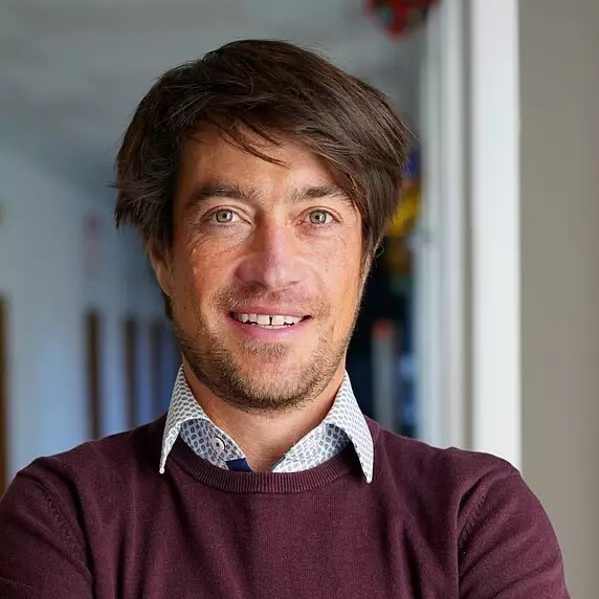
Gregor Frirdich
Pädagogische Hochschule Weingarten
Gregor Frirdich is a special needs teacher and academic assistant in educational science at Weingarten University of Education. His research interests lie in school development, the field of heterogeneity and the professionalisation of teachers.
He is a project member of the FuN-Kolleg “Heterogeneity in Primary Schools” with a dissertation on the establishment processes of PLGs in the context of school development with a view to the management of PLG work (structure and implementation). He himself accompanies the PLG meetings as an external facilitator.
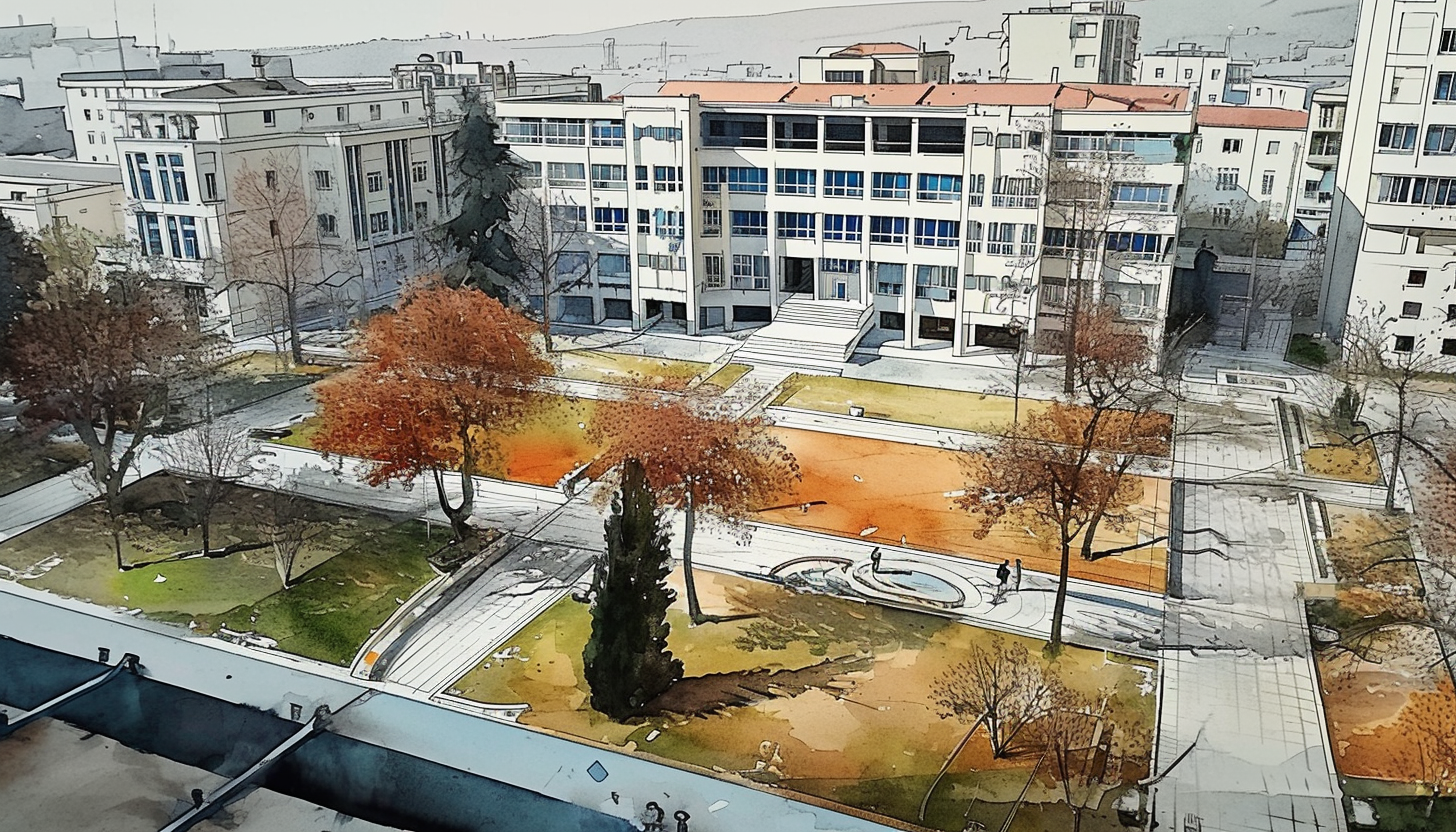
ARISTOTELIO PANEPISTIMIO THESSALONIKIS
The Aristotle University of Thessaloniki (AUTH) is the largest university in Greece. It comprises of 10 Faculties which consist of 40 Schools and 1 single-School Faculty. AUTH is widely recognized as a vibrant center of learning which draws its inspiration from a long tradition of academic achievement. Most of its academic personnel have been trained in reputable Universities in Europe, the United States and as far afield as Australia and Japan. AUTH has a long tradition of running numerous research projects in plenty of domains, also related to initial and in-service teacher education. About 88.283 students study at the AUTH University, 77.198 in undergraduate programmes and 6.588 in postgraduate programmes. There are also 3.952 at Doctoral level. There are 1.682 faculty members, 311 members of the Special Laboratory Teaching Personnel (S.L.T.P.) and 144 members of the Special Technical Laboratory Personnel (S.T.L.P.). The administration office consists of 278 permanent employees and 256 employees under a private law contract of indefinite duration. The University has been actively participating in the Erasmus Programme since 1987, accounting approximately one fourth of the total Erasmus mobility in Greece and has also been involved in numerous Erasmus+, Horizon and other programmes. AUTH is also a member of the Alliance for the European University “Epicur”.
Sofia Avgitidou
Theodosios Sapounidis
Konstantina Iliopoulou

Sofia Avgitidou
ARISTOTELIO PANEPISTIMIO THESSALONIKIS
Sofia Avgitidou is a Professor of Pedagogy and Teacher Education at the Department of Philosophy and Pedagogy (AUTH) and currently the co-ordinator of the Center for Research and School Support in issues of Management and In-service Education (KERYSDE). She has a long research experience in funded programs and has published books and papers in peer-reviewed journals related to the support of teachers’ professional learning based on research and reflection as well as children’s peer relationships, play, participatory practices in education and qualitative methods.
She has worked as a facilitator of teachers’ professional learning communities within school-focused in-service teacher education and action research projects for almost thirty years. Sofia has received invitations as a keynote speaker in conferences as well as invitations to act as scientifically responsible for the introduction of educational innovations (i.e. by the Cyprus Pedagogical Institute during 2014-2015). She is currently scientifically responsible of the VOICE program which includes the development of on-line educational material for enhancing participatory educational practices (http://voice.web.auth.gr/en).
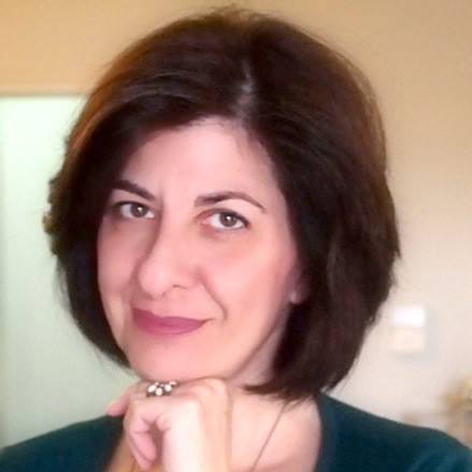

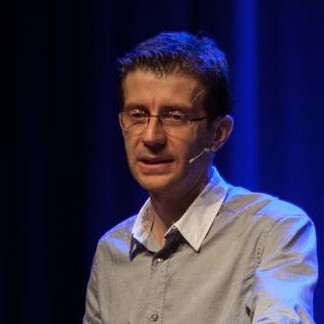
Theodosios Sapounidis
ARISTOTELIO PANEPISTIMIO THESSALONIKIS
Theodosios Sapounidis is currently an Assistant Professor at the Department of Philosophy and Education at the Aristotle University of Thessaloniki and teaches lessons related to educational technology for teachers. His teaching experience also includes postgraduate courses for teachers at the International Hellenic University. His expertise involves supporting teachers in introducing innovative educational technologies and producing online educational materials for teachers. He first graduated from the Department of Electronics Engineering in 1996 and then in 2002 he also graduated from the School of Electrical and Computer Engineering of Aristotle University’s Polytechnic School. He gained a Master’s Degree in Informatics before continuing to a Ph.D. where his thesis focused on using objects to help children learn the basic principles of programming. He has been awarded six times internationally and nationally with projects related to educational technology, robotics, and children’s programming.
During his studies, he received many international awards and prizes and all the awarded projects he created were used in schools and international events related to educational systems, robots, and tangible programming languages. Theodosios has participated, multiple times in EU research projects and he was responsible for the developing of online learning material for students, teachers, and in general adult learners.

Konstantina Iliopoulou
ARISTOTELIO PANEPISTIMIO THESSALONIKIS
Konstantina Iliopoulou works as special teaching and laboratory staff at the School of Philosophy and Pedagogy of the of Aristotle University of Thessaloniki (AUTH) supporting student teachers in school pedagogy and language teaching. She has a long experience as a teacher educator both in initial and in-service teacher education and is a member of the Center for Research and School Support in issues of Management and In-service Education (KERYSDE).
She has been also working as a part time lecturer at the School of Humanities both at the Hellenic Open University as well as the University of Nicosia. She is an external associate of the Modern Greek Language Center, having a long experience in facilitating digital professional learning communities during teacher education programmes. Konstantina holds a BA in Greek Philology, MA in Applied Linguistics, Ph.D. in Assessing L2 Writing and postdoc in L1 alternative assessment. She is also a member of the Register of Trainers at the Centre of Lifelong Learning at the University of Western Macedonia, Greece. Among her main research interests are the areas of teaching language, intercultural education, teacher’s initial teacher education and professional learning.
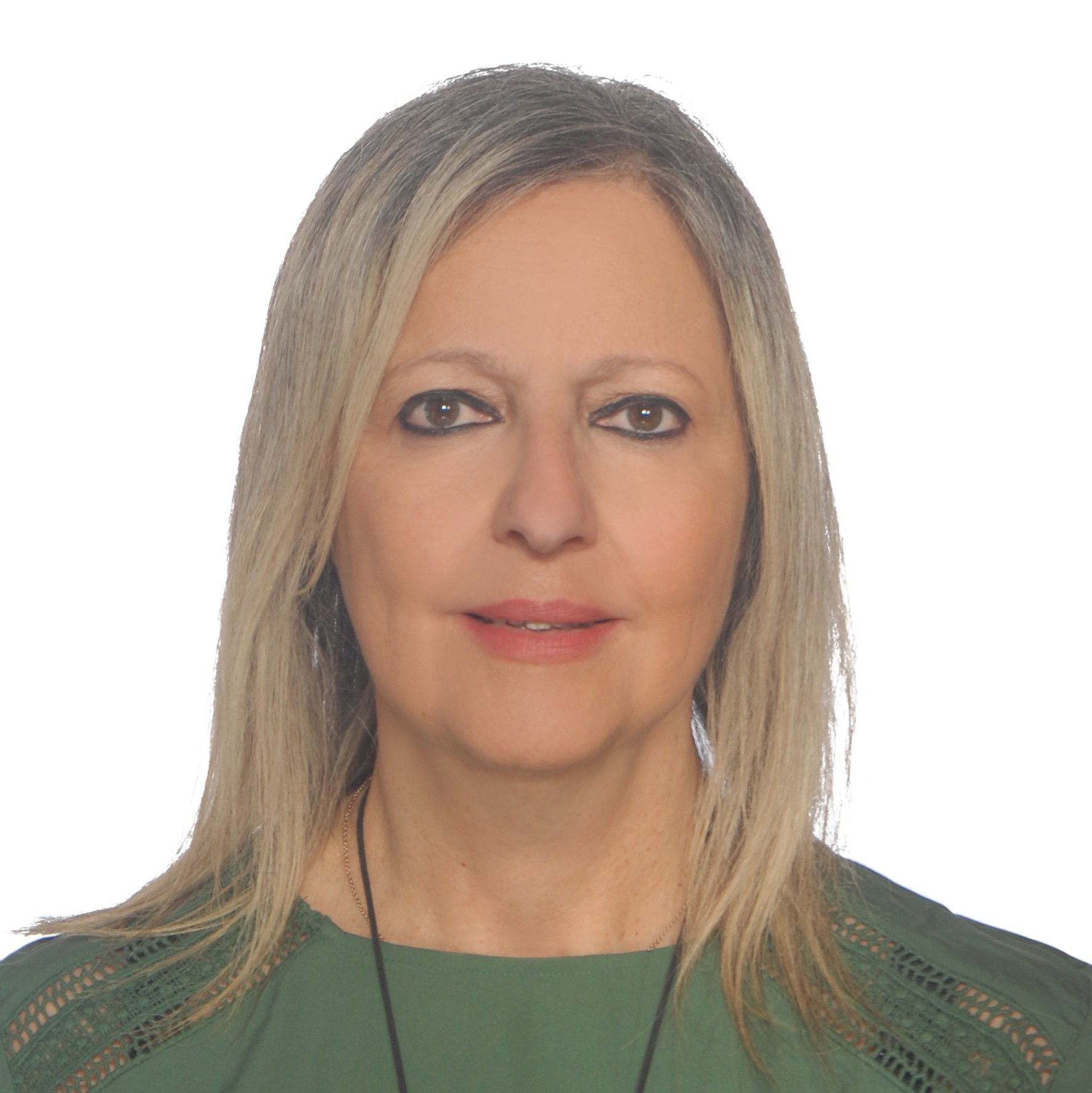

CENTRO DE PROFESORADO MARBELLA – COÍN
Centro del Profesorado Marbella-Coín (CEPMC) is an in-service teacher training centre which depends on the Andalusian Education Board. Our main purpose is to provide teachers, from all levels (nursery, primary and secondary schools, VEC…), a high-quality in-service training. Our target is improving professional teachers’ competences. For that purpose, we mainly organise general courses, advise and assess schools in order to help them to transform their schools into professional communities.
We are also a research centre, as, to improve our professional competences as much as teachers ́ competences, we need to learn educative methodologies as well as develop new teaching tools and strategies to introduce in schools.
CEP Marbella-Coín staff is composed of thirteen advisors. We are a multidisciplinary group of teachers from different levels and areas, quite experienced in educative innovation, and for an eight-year period work as advisors for schools and teachers.
Our CEP is the second largest in-service training centre in the province of Málaga; we develop our work in cities and villages located in the Costa del Sol and Guadalhorce Valley.
Arcos Rosa
Bueno Juan
Corpas Alberto

Rosa Arcos
CENTRO DE PROFESORADO MARBELLA – COÍN
Rosa Arcos has a degree in Mathematics, is the Director of the CEP Marbella-Coin after working ten years as scientific advisor, has participated in an Arce project where she learnt how to use Reflective Practice as accompanying methodology at schools.
She has always been quite interested in European educational policies, so she has participated in several projects: a) two intercultural projects, in Sweden (2007) and Norway (Stavanger 2008), b) two Study Visits “Living and learning at all-day school” (Berlin 2008) and “Bulgarian school experience of forming key competencies in mathematics and science” (Sofia 2012). She has participated in two scientific Committees: “XIV Congress of Teaching and Learning of Mathematics” organized by the Andalusian mathematical society Thales and “Oceanic Congress”, organized by Campus do Mar (University of Vigo, University A Corunna).
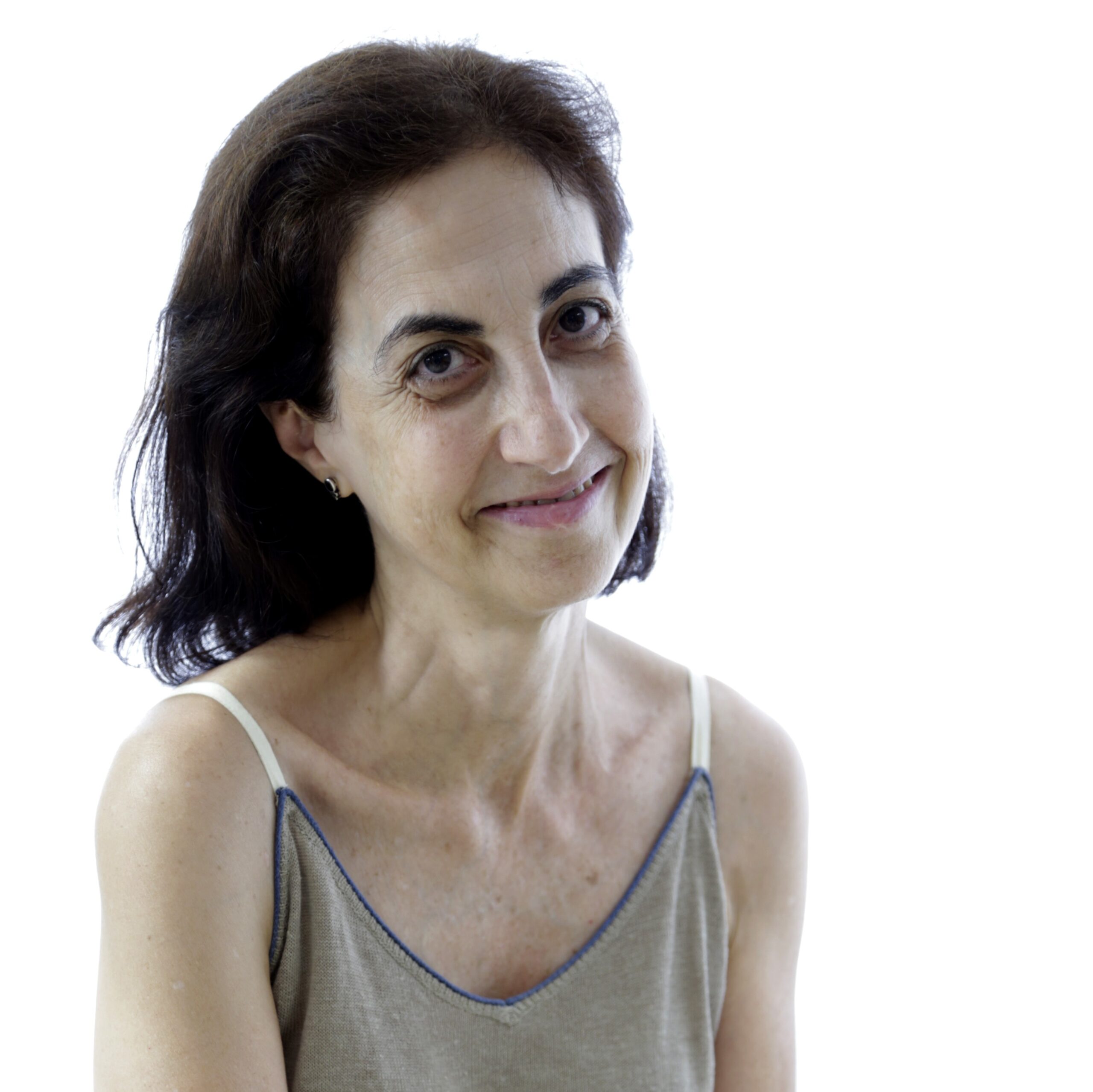

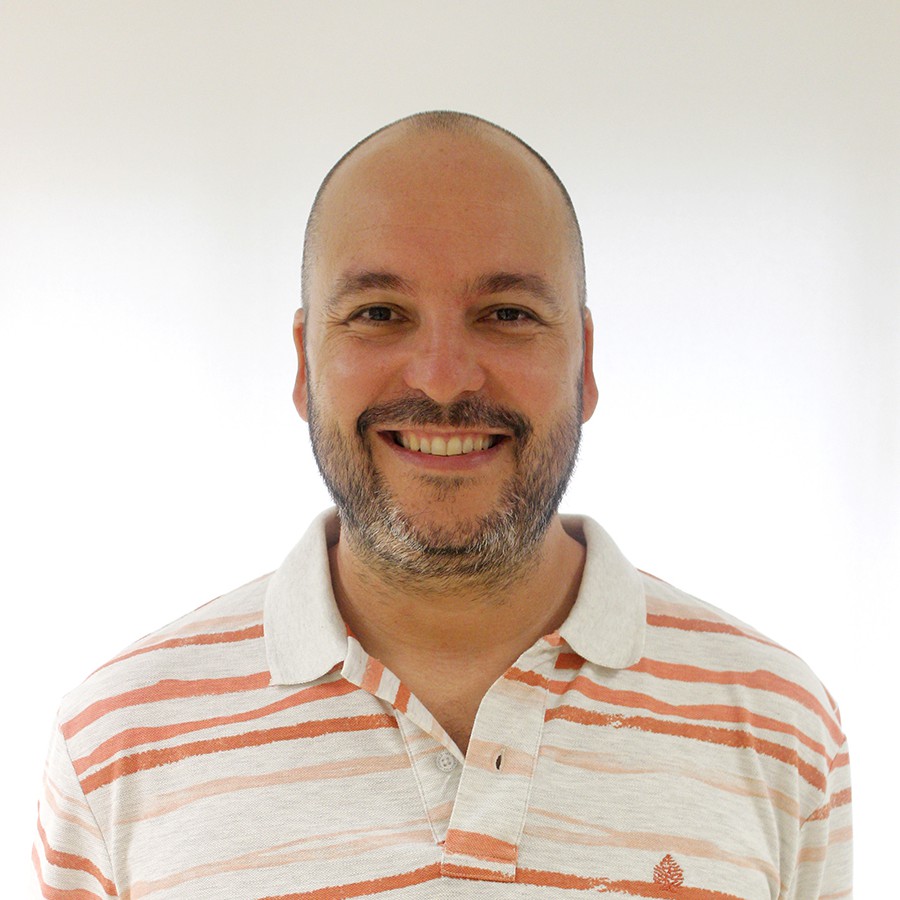
Alberto Corpas
CENTRO DE PROFESORADO MARBELLA – COÍN
Alberto Corpas – B in Audiovisual Communication, MA in Digital Postproduction/3D Animation, MA in Business Administration/Management and MA in Teaching Training. PhD in Didactics of Language and Literature, member of the Educational Research and Innovation group in Language and Literature Didactics of University of Cádiz.
His research is on the development of oral communicative competence through the effective implementation of ICT. He is a training advisor at the linguistic work area and also has been leading the educational digital transformation area at CEP Marbella-Coín. He has been involved in several teams to improve the application of technologies in schools and has created six collections of open educational resources for the INTEF (National Institute of Educational Technologies and Teacher Training).
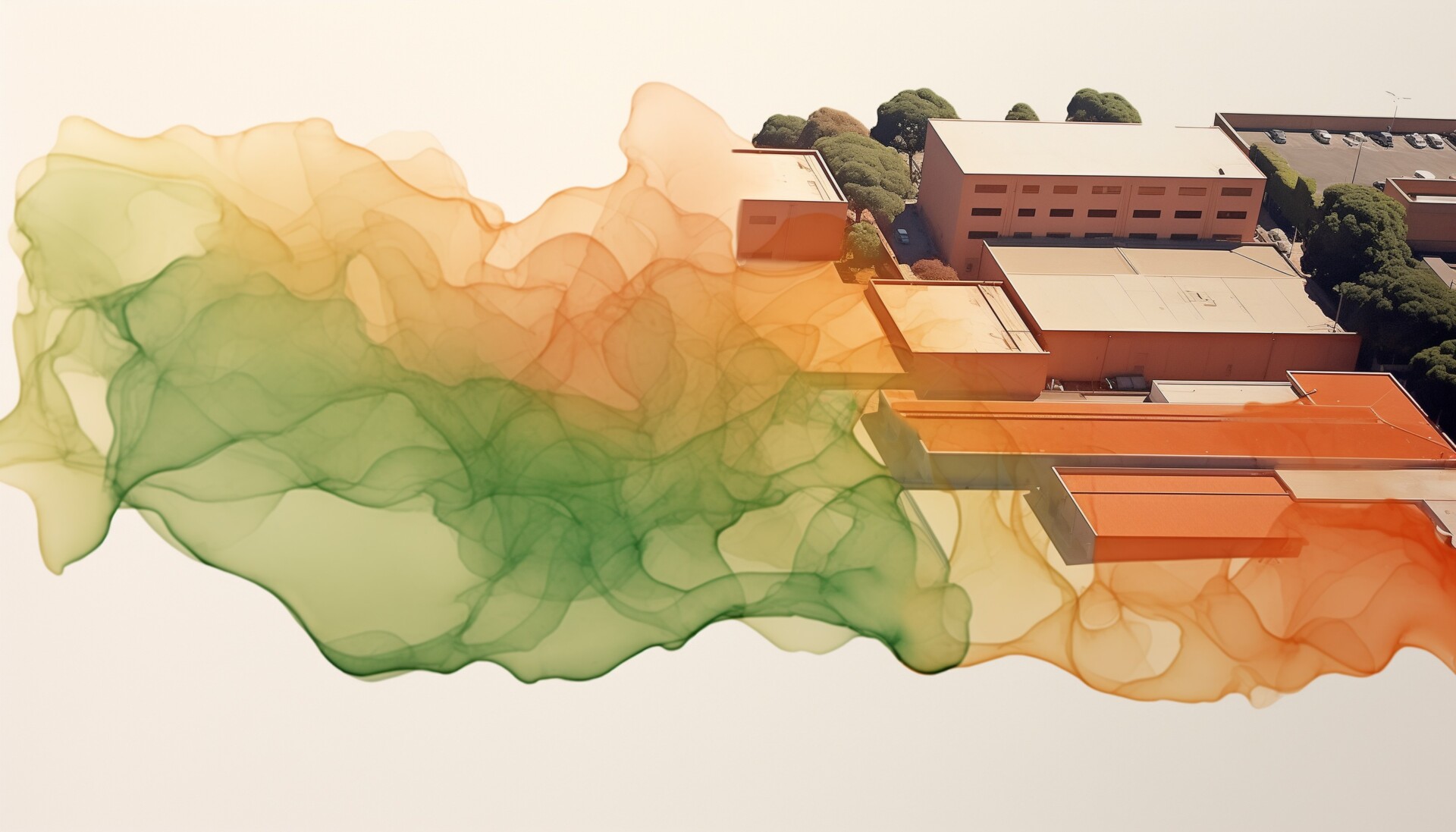
CENTRO DE PROFESORADO De Málaga
The Teacher Training Centre of Málaga (CEP Málaga) is a public organization under the jurisdiction of the Andalusian Regional Government (Junta de Andalucía). This centre is integrated into the Andalusian Regional Network of Teacher Training, consisting of 32 similar centres. Within this network, CEP Málaga is the second most significant Teacher Training Centre in the region, annually conducting an average of 500 activities. It provides continuous training to teachers through online, blended, and in-person courses, in alignment with the strategic objectives set by Junta de Andalucía.
CEP Málaga directly serves 352 public schools across all educational levels. This is achieved through a team of 25 training advisors. They collaborate with schools in order to design their annual training plans, which are tailored to their specific context and educational needs.
María del Mar Gallego-García
José Luis Carmona-Maqueda

María del Mar Gallego-García
CENTRO DE PROFESORADO De Málaga
María del Mar Gallego-García is a civil servant as a teacher since 1998, currently works as an in-service Teacher Trainer and Head in CEPMLG. She oversees teacher´s programs organization for training and works directly with schools preparing aspects of the organizations of management teams.
She coordinated an European Project (KA201-02455), participated in another one (KA201-063967) and is an external evaluator of Spanish NA. She has published articles related to heads and school organization. She is also a part-time Associated-Teacher in UMA (Faculty of Education), where she teaches students who want to be teachers.
Her doctoral thesis “Evolution of the reading-writing methods (1970–2013)” in 2016, analyses the power of reading and writing, its teaching and learning, providing keys to understand evolution of several methods, relating it to the underlying reality: curricular treatment of literacy and importance of the materials used.
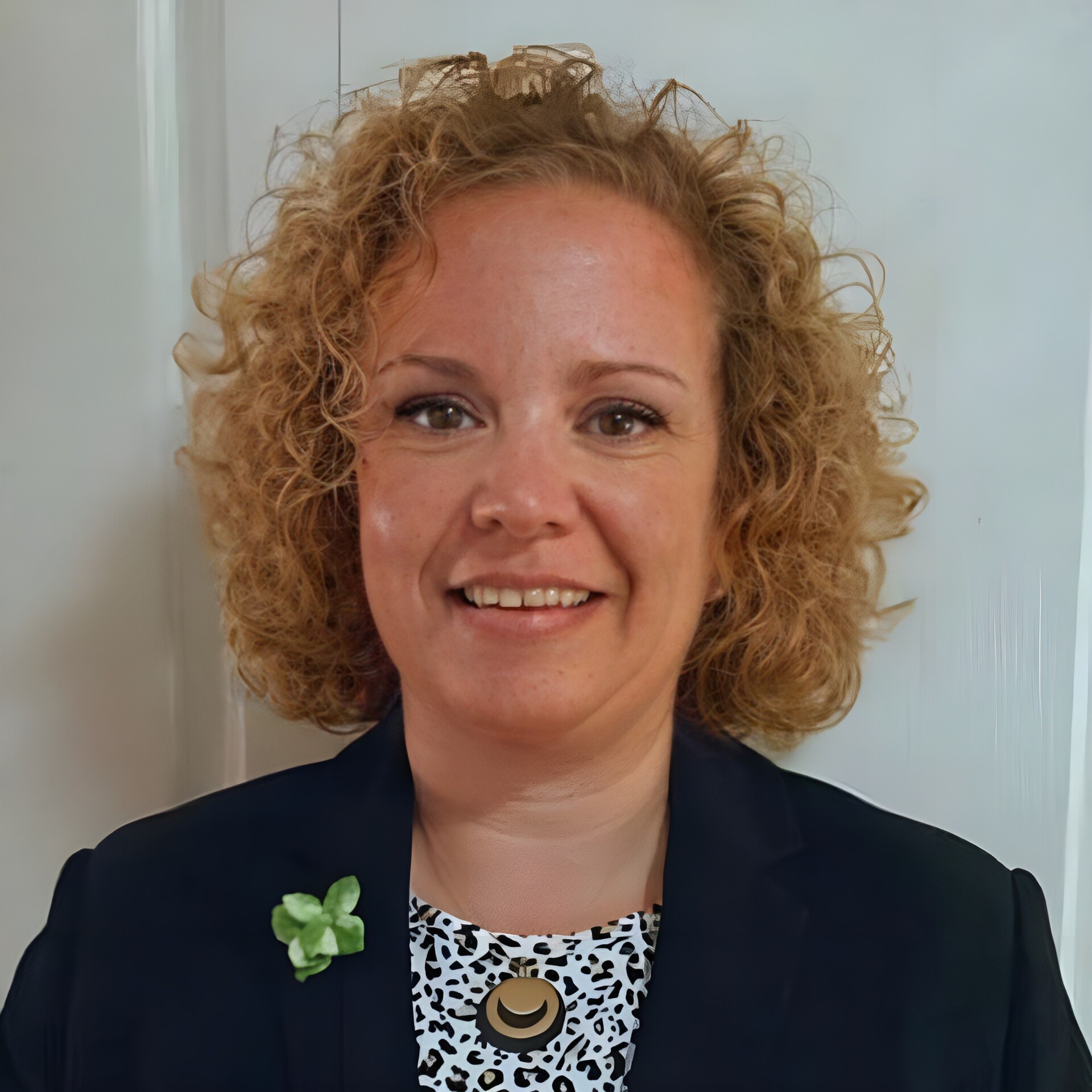

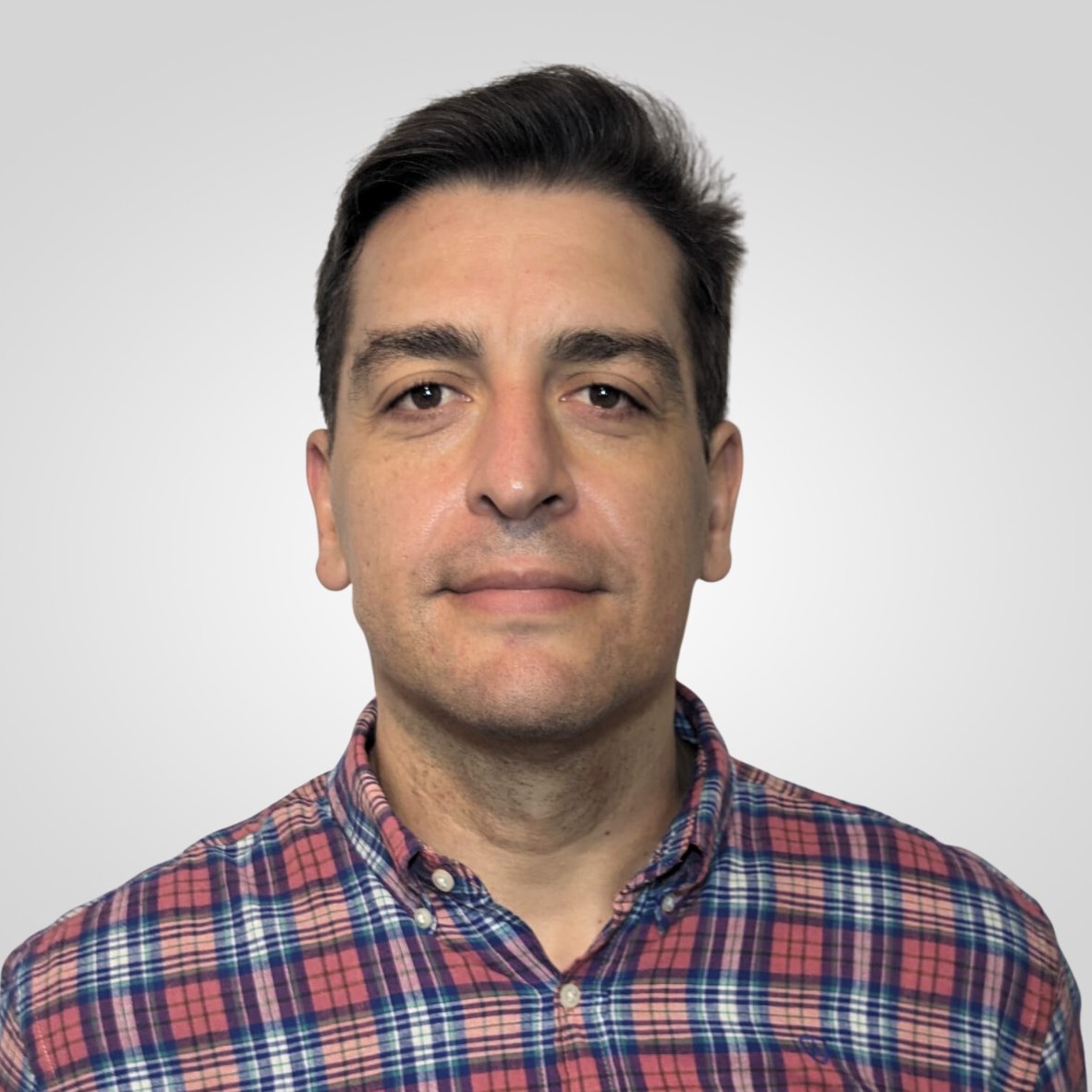
José Luis Carmona-Maqueda
CENTRO DE PROFESORADO De Málaga
He is a civil servant as a Mathematics teacher of Secondary Education since 2014, currently works as in-service Teacher Trainer in CEPMLG. He supervises teacher´s programs organization for training, and he works directly with high schools. Besides, he coordinates the implementation of teacher’s trainee programs on learning platforms, such as Moodle or Google Classroom. He carried out a stay in Plymouth, United Kingdom, as a trainee supported by the Leonardo da Vinci Programme “University and Enterprises together for Eurojob”.
He is also a Telecommunication Engineer. His PhD thesis “Coded-speech recognition over IP Networks”, presented in 2009, studies the influence of IP networks on remote speech recognition systems and proposes several techniques to improve the performance of these systems.
In order to develope his research work, he carried out two stays in the University of Sheffield (United Kingdom) and TUDelft (Netherlands).
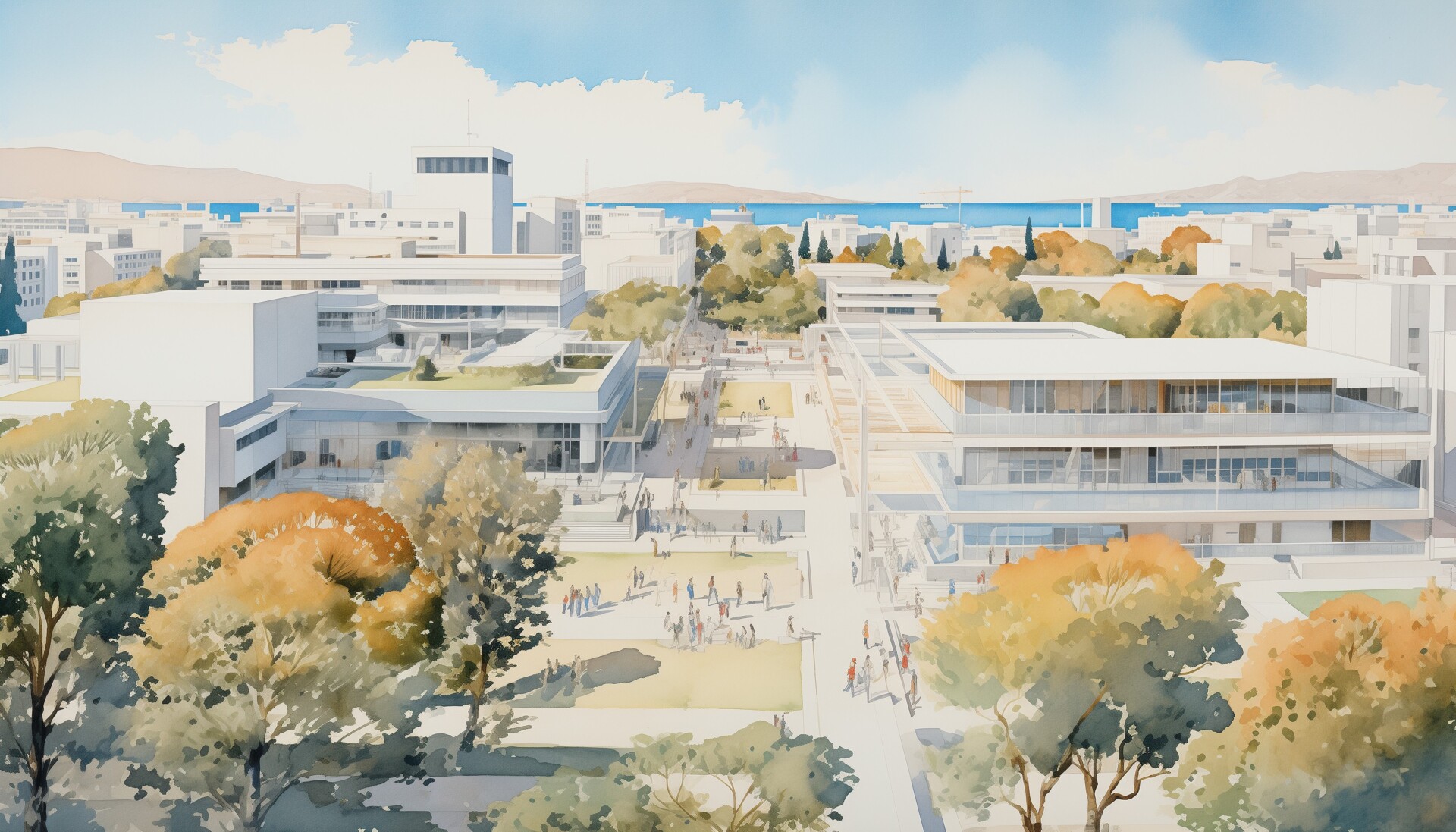
EUROPEAN UNIVERSITY CYPRUS
The European University Cyprus, located in Nicosia, Cyprus, is a prestigious institution established in 1961. It offers a diverse range of undergraduate, postgraduate, and doctoral programs in fields like Business, Science, Medicine, Law, and the Arts. The university boasts a multicultural environment with students from over 70 countries, fostering a truly international experience. Its modern campus is equipped with state-of-the-art facilities, including advanced laboratories, a comprehensive library, sports amenities, and a lively student center.
The university emphasizes practical learning, encouraging students to partake in research, internships, and community services. It stands out for its robust research initiatives, with several centers dedicated to health sciences, technology, and social sciences. These efforts not only contribute to academic advancements but also promote innovation.
Furthermore, European University Cyprus maintains significant international collaborations, offering students exchange opportunities and global exposure. This dynamic and progressive institution combines quality education, innovative research, and a multicultural atmosphere, equipping graduates to meet global challenges and opportunities.
Marina Constantinou
Loucas Louca

Loucas Louca
EUROPEAN UNIVERSITY CYPRUS
Loucas Louca is a Professor at the Department of Education Sciences at the European University Cyprus and the Director of the Center of Excellence in in Research & Innovation in Social Sciences and the Humanities. He has a longstanding interest in supporting professional teacher development. He has broad expertise in cooperating in EU projects. His research interests focus on student abilities for inquiry in STEM, on teachersʼ’ instructional strategies for promoting student inquiry in STEM, and teachers’ responsiveness to student abilities in scientific inquiry.
He is also interested in professional learning communities in higher education as a form of professional learning and development. He has been involved in several nationally funded projects and European funded projects, focusing on student thinking in science, teacher professional development, modeling-based learning in science, development of curriculum materials, promoting opportunities for gender balance in science education and promoting inquiry-based teaching and learning in STEM education. He is interested in the use of authentic videotaped lessons as tools for teachersʼ’ pre-service and in-service professional development.
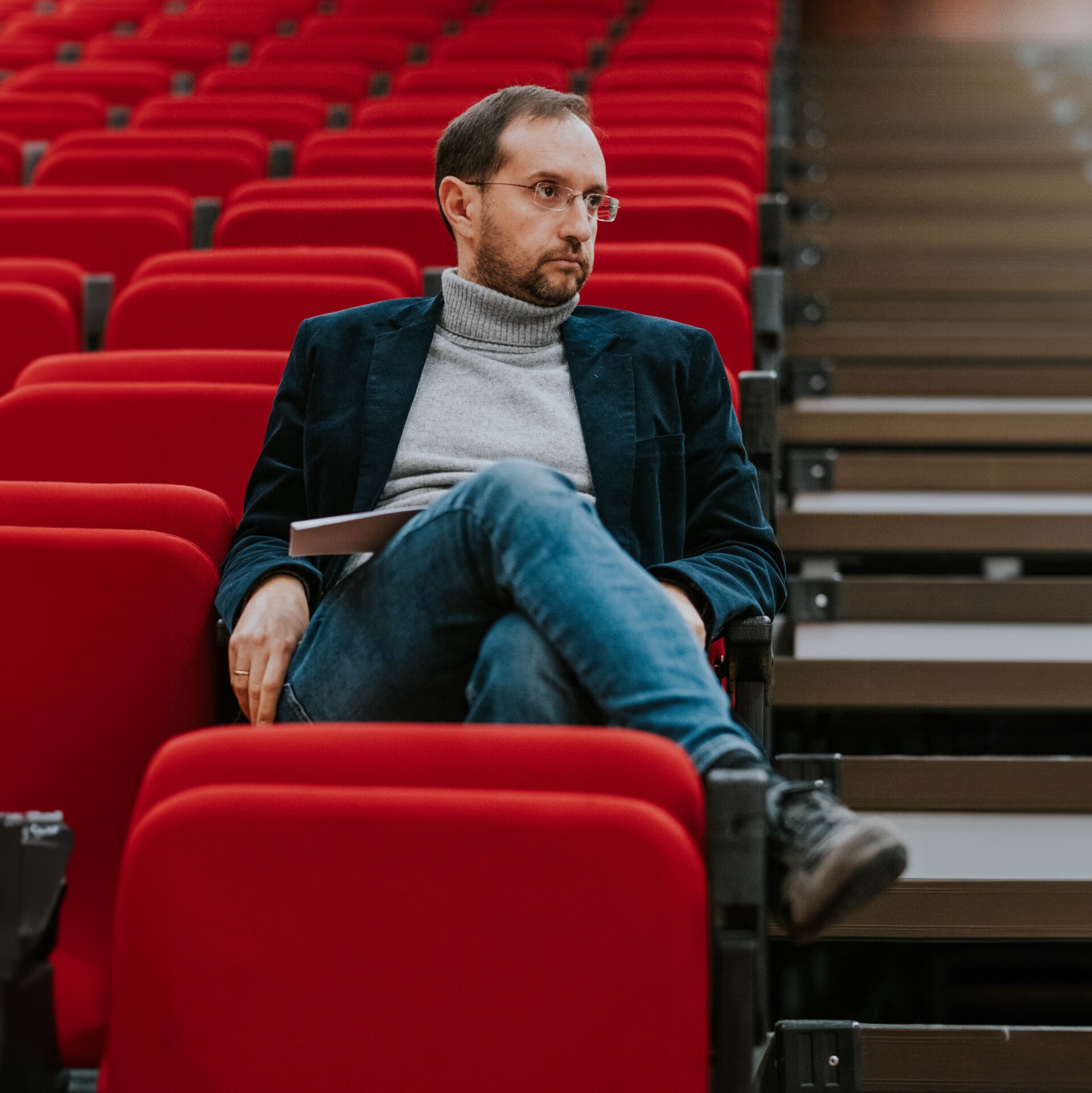

NORGES TEKNISK-NATURVITENSKAPELIGE UNIVERSITET
The Norwegian University of Science and Technology (NTNU) is the largest of the eight universities in Norway, with 14 faculties and 70 departments and divisions and approximately 39 000 students.
As its name suggests, it has the main national responsibility for higher education in engineering and technology. NTNU is also the largest provider of teacher candidates. Two researchers employed at NTNU have received Nobel Prizes: May-Britt Moser and Edvard Moser (2014). In addition, the Nobel laureates Ivar Giæver (1973) and Lars Onsager (1968) studied at one of the university’s predecessors: NTH, the Norwegian Institute of Technology.
NTNU is headquartered in Trondheim, with campuses in Gjøvik and Ålesund. NTNU has eight faculties, as well as the University Museum and University Library. The university has 42 000 students and 7400 full-time equivalent staff.
NTNU has a main profile in science and technology, several programmes of professional study, and great academic breadth that includes the humanities, social sciences, economics, medicine, health sciences, educational science, architecture,
entrepreneurship, art disciplines and artistic activities. At NTNU, students can choose between 400 programmes of study in Trondheim, Gjøvik and Ålesund. The university offers Norway’s widest range of programmes in technology, health, teacher education, the arts and music disciplines.
NTNU aims to provide education distinguished by quality at a high international level and has two Centres of Excellence in Higher Education designated by the Norwegian Agency for Quality Assurance in Education (NOKUT). The university is committed to innovative education, especially increased use of learning methods with active student participation and digitization.
NTNU is Norway’s most international university in terms of student exchange. NTNU collaborates with more than 730 institutions in more than 100 countries. The university has some 9 per cent international students. Our priority areas for collaboration are the European Union, the United States, China and Japan.
Research forms part of the ongoing activities through a variety of projects and programmes in addition to specialized centres. NTNU is host or partner for 35 large research centres (centres of excellence, research-driven innovation and environmentally friendly energy). The university participates in 126 Horizon 2020 projects and has 10 ERC grants (status per February 2019).
NTNU has four strategic areas of research in 2014–2023: sustainability, energy, oceans, and health. Through interdisciplinary collaboration, these research areas aim to address complex challenges of great importance for society. In addition, NTNU has strategic initiatives in 2011–2020 in biotechnology, digital and nano («enabling technologies»).
NTNU works in close collaboration with the research institution SINTEF, business and industry. The university has a strong focus on innovation and entrepreneurship. In 2005–2015, NTNU collaborated with business and industry in more than 10 000 projects. This included some 1200 Norwegian and 760 international companies.
NTNU is ranked as number one in the world in collaboration with industry partners, according to the Times Higher Education (THE) World University Rankings in March 2017. NTNU has an extensive international network with NTNU office in Brussels (together with the University of Bergen and SINTEF).
Bard Knutsen
Anne Berit Emstad

Anne Berit Emstad
NORGES TEKNISK-NATURVITENSKAPELIGE UNIVERSITET
Professor Anne Berit Emstad researches about professional learning communities (PLC) and leadership role in school evaluation and school improvement. Emstad publishes both nationally and internationally. She has been the student of professor Viviane Robinson and is pursuing Robinson’s ideas about open to learning conversations (OTL).
In addition, she has published a book about Leadership for learning and professional learning communities.The participant is a part of NTNUs teachers’ education, and the research group Leadership and learning, which has published several articles and books about leadership and student learning. The provides consultation and moderation of PLCs of teachers and of heads in the region of Trondheim and beyond asked in by education departments and even cultural management departments.
INqury and reflection have been a particular focus in her work during the last few years.
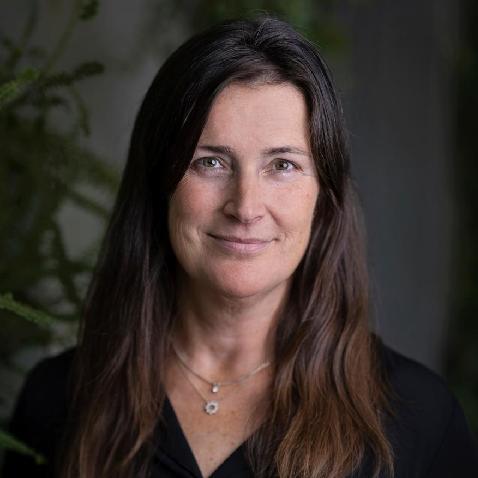

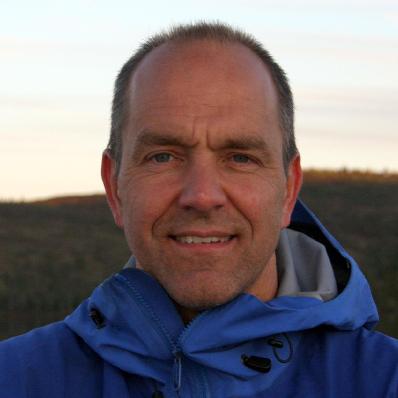
Bård Knutsen
NORGES TEKNISK-NATURVITENSKAPELIGE UNIVERSITET
Associated professor Bård Knutsen`s research is about gifted students, outdoor schooling, school development and professional learning communities. For the past 2 years, together with Professor Anne Berit Emstad, he has researched and led school development projects. The focus has been on the management/heads role in the work to release the collective learning potential of the management group and the school in the work to develop the pupils’ learning potential.
Management and development of professional learning networks have been central to this work. Partly he also works with student teachers in PLCs facilitating their progress on the science content in initial teacher education.
.
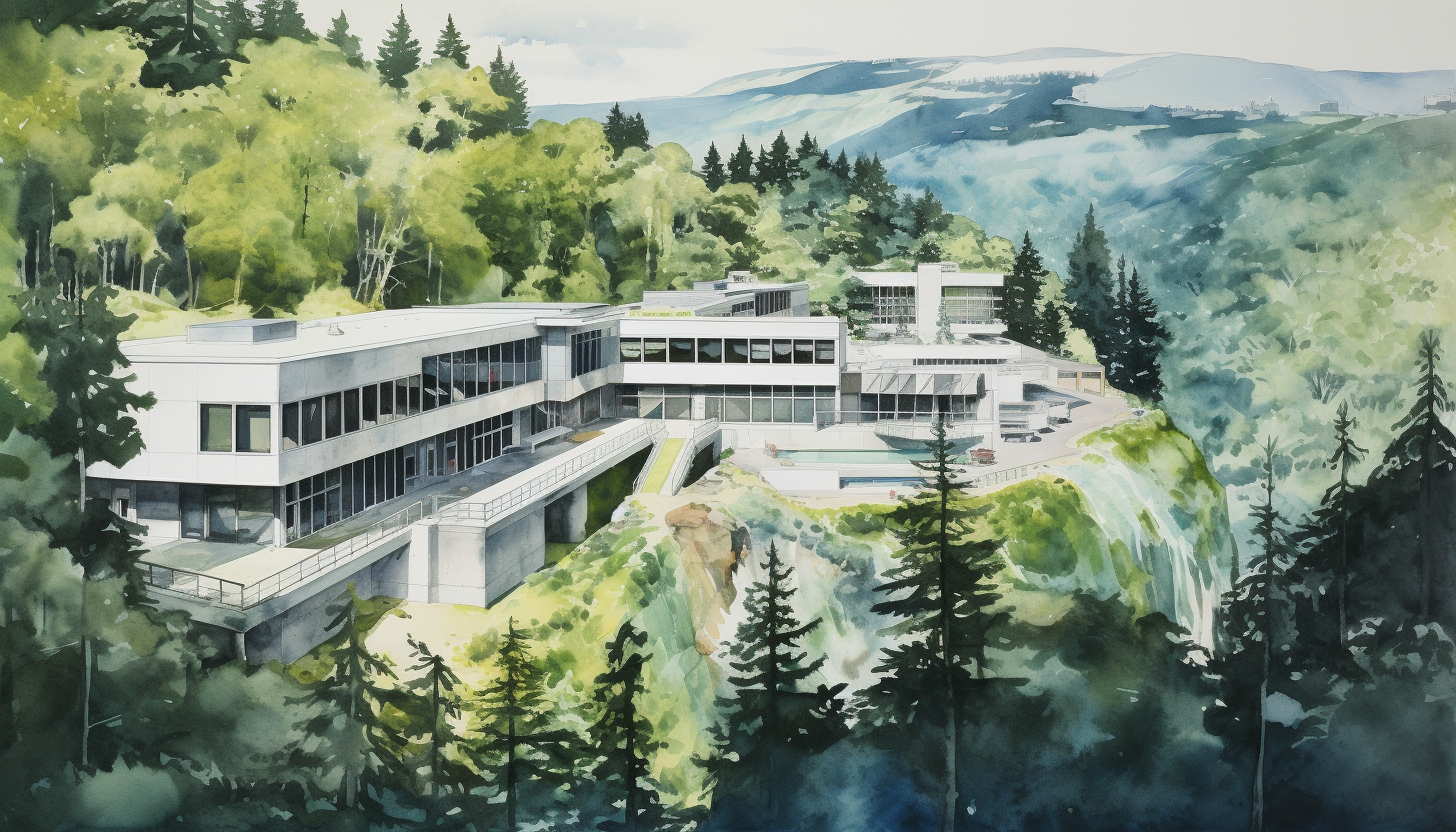
University of Education Vorarlberg
The University College of Teacher Education Vorarlberg (PHV) is a public institution. It is built upon the tradition of three former pedagogical academies and in-service institutions which were in place from the late 1960s up until 2007.
Apart from providing the initial education of the future generation of teachers in Vorarlberg and the continuous and further in-service training of all active members of the teaching profession, we also try to enable acting teachers to acquire a higher academic degree through the Master’s degree programmes on offer. It is a place of teaching, learning and research for the educational sector.
At the PHV teachers are trained for primary, lower secondary and special needs schools. The University College was inaugurated in 2007. On average there are about 500 students in pre-service, about 3500 teachers in in-service or further training each year. Approximately 100 teachers are employed at the PHV
Peter Theurl
Eva Frick
Karl Peböck
Katharine Rümmele
Thomas Schroffenegger

Peter Theurl
Pädagogische Hochschule Vorarlberg
Peter Theurl is Head of Department at the University of Teacher Education and member of a nationwide research group who works in the field of curriculum evaluation and improvement of teacher studies. He has published numerous articles on professional learning communities and is busy in projects of school development in Vorarlberg and is working in this field since many years.
He has established the curriculum for principals training at his University and is recently head of a group of researchers who is developing field studies for teacher students.


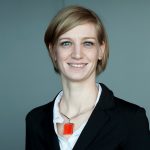
Eva Frick
Pädagogische Hochschule Vorarlberg
Eva Frick is professor for early childhood education and primary level education at the college of education in Vorarlberg, Austria.
Her research interests lie in the fields of professionalization of elementary school teachers, school development, quality of interaction between pedagogical staff and children, transition from elementary to primary school and early language acquisition.

Katharine Rümmele
Pädagogische Hochschule Vorarlberg
Katharine Rümmele is a lecturer for Educational Sciences at the Institute for Primary Education and Learning Development at the University of Teacher Education Vorarlberg. In addition to inclusive education, her research interests lie in the professionalization of teachers and student teachers through participation in Professional Learning Communities. For the past four years, she has been part of a research group testing and evaluating the implementation of PLCs in the training of primary teachers.
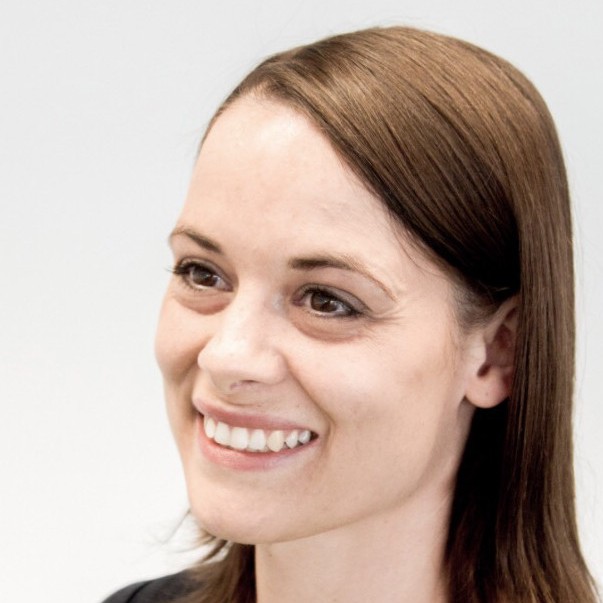

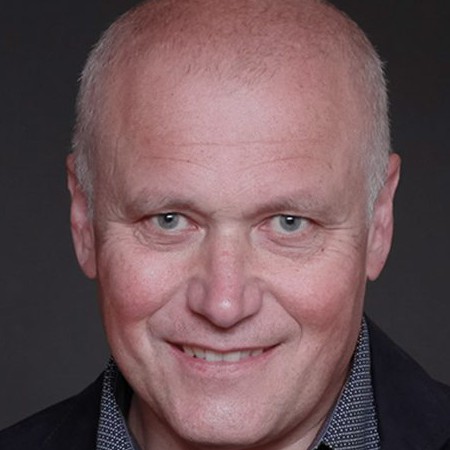
Karl Peböck
Pädagogische Hochschule Vorarlberg
Karl Peböck is Head of the Centre of Media Technologies, and member of the Centre of Quality Management at the
University of Teacher Education Vorarlberg.
He teaches Media Education and has done research on Communities of
Practice for pedagogical matter in Social Media especially Twitter and published numerous articles. He has a large
international network in the fields of media technologies and general pedagogy.

Thomas Schroffenegger
Pädagogische Hochschule Vorarlberg
Thomas Schroffenegger has a diverse and extensive educational and professional background, particularly in the fields of education, media, and technology. His career includes significant experience as a secondary school teacher, focusing on mathematics, new technologies, media didactics and creativity, . Thomas has also been involved in adult education and has extensive experience in eLearning and online collaboration projects.
His work in education extends to higher education, where he has been a lecturer at various institutions, including the Pädagogische Hochschule Vorarlberg and the University of Innsbruck, teaching subjects such as general didactics, pedagogical studies, and media didactics. Furthermore, Thomas has contributed to numerous publications and research projects, especially in the areas of media pedagogy and mathematics education.
He has developed several eLearning platforms and learning programs, showcasing his expertise in digital education tools and online learning.
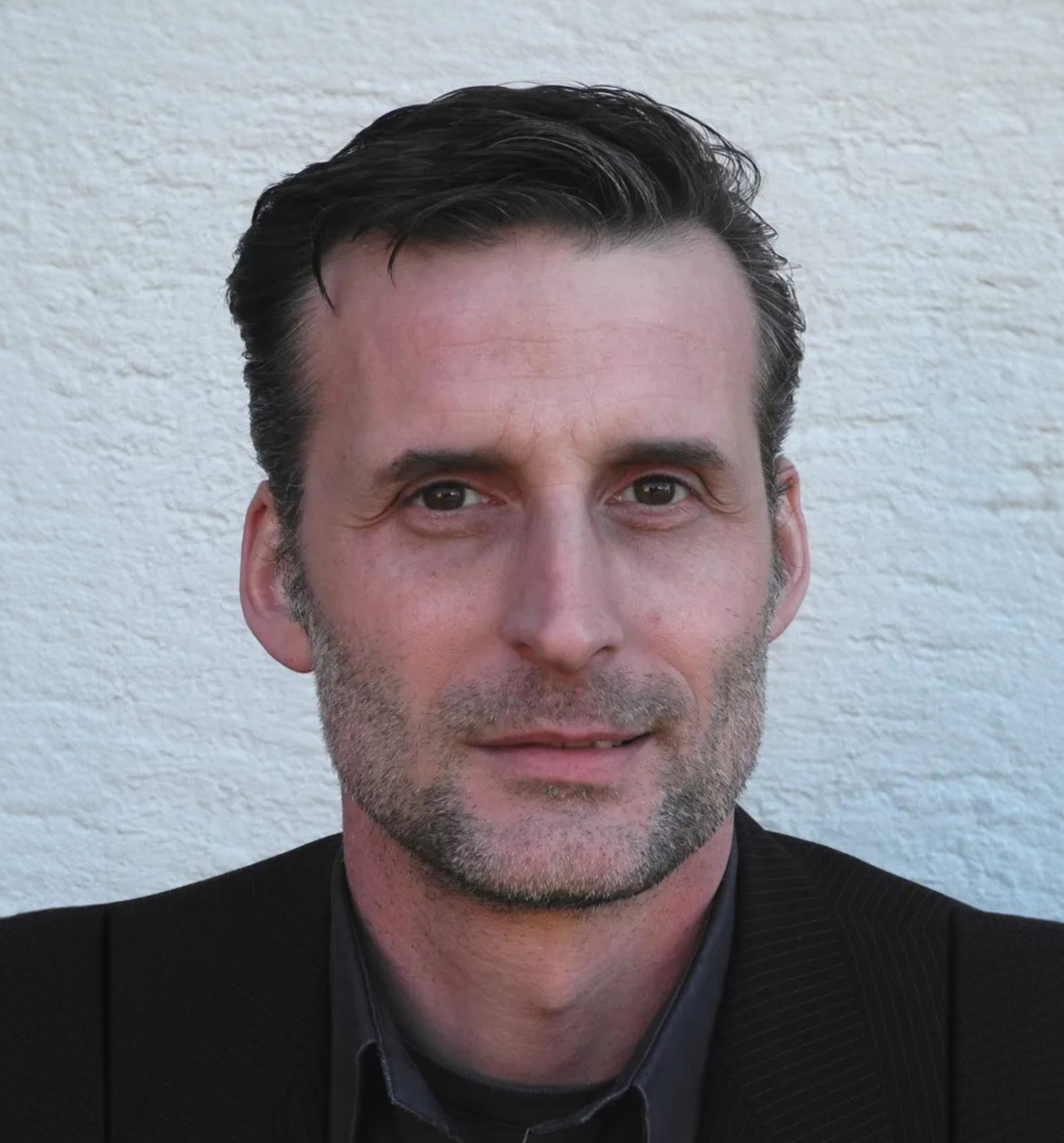

University of Malaga
Our team of passionate professionals is dedicated to transforming your vision into impactful media experiences that captivate audiences and drive results. Let’s embark on a journey of innovation and excellence together.
Elvira Barrios
Carmen Sanchidrián Blanco
Mónica Torres Sánchez

Elvira Barrios
University of Malaga
Elvira Barrios is an Associate Professor at the Faculty of Education University of Málaga (Spain). She holds a master’s degree in TEFL from the University of Reading (UK) and a PhD in English Philology by the University of Granada (Spain).
She has taught English as a Foreign Language at secondary and university level, and she is now a specialist in foreign language teacher education. Her research interests and publications focus on preservice and practicing teachers’ beliefs, bilingual education programmes, affective factors in language learning and student teachers’ Professional Learning Communities.
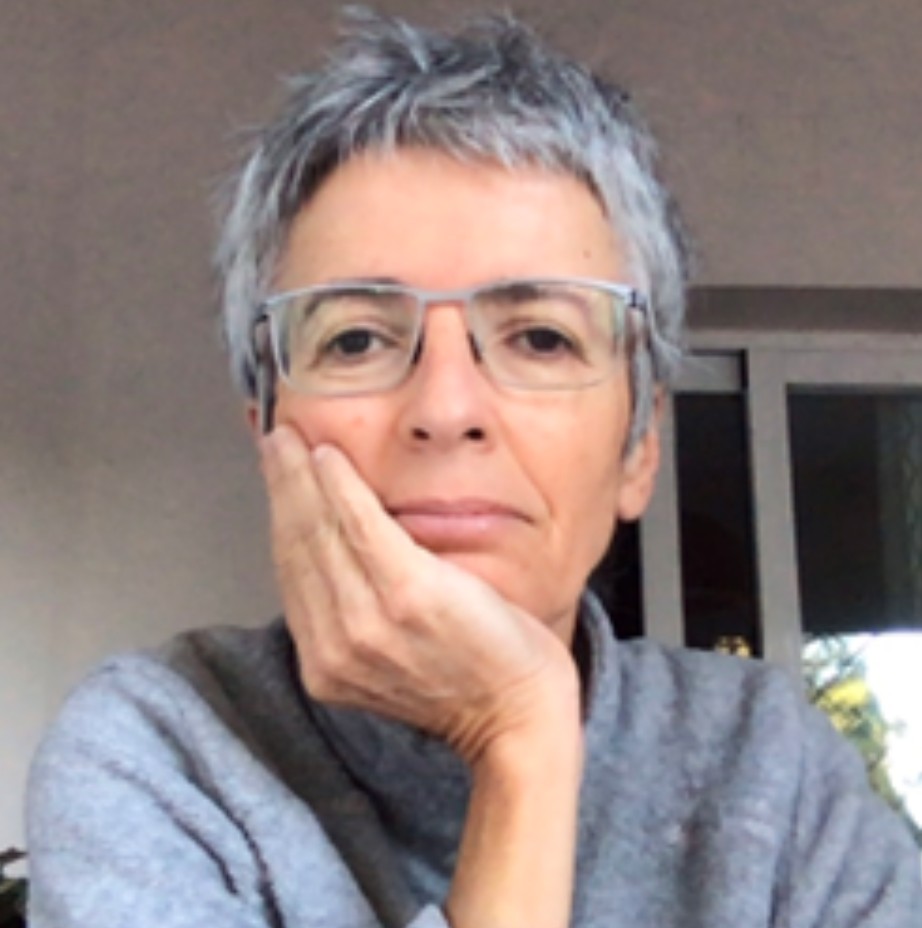

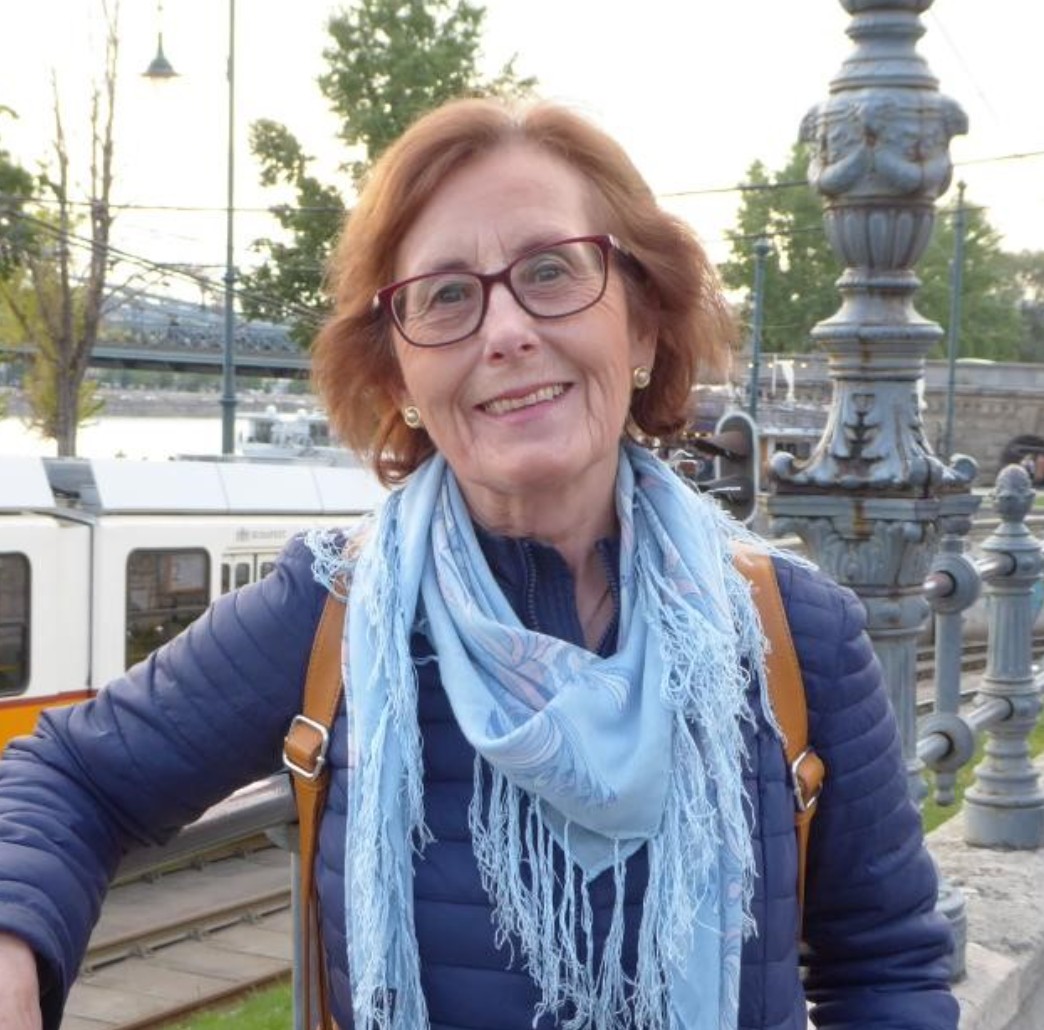
Carmen Sanchidrián Blanco
University of Malaga
Carmen Sanchidrián Blanco is Professor of Theory and History of Education at the University of Málaga (Spain). She holds a Ph.D. degree in Philosophy and The Science of Education from the Complutense University, Madrid.
Her areas of expertise are the History of early childhood education, material culture of education, and teacher training. Current research focuses on new ways of teacher training, and on inquiry-based learning. She is leading a project on Public History of Education. She has been involved in several research projects and has published numerous papers and articles in the above mentioned areas.

Mónica Torres Sánchez
University of Malaga
Mónica Torres holds a Ph.D. in Educational Sciences from the University of Granada. Her research interests include educational policies and reforms on higher education, vocational education & training, and teacher training.
Current research focuses on the international transfer of the dual system in vocational training and its implementation in Spanish educational reform.
